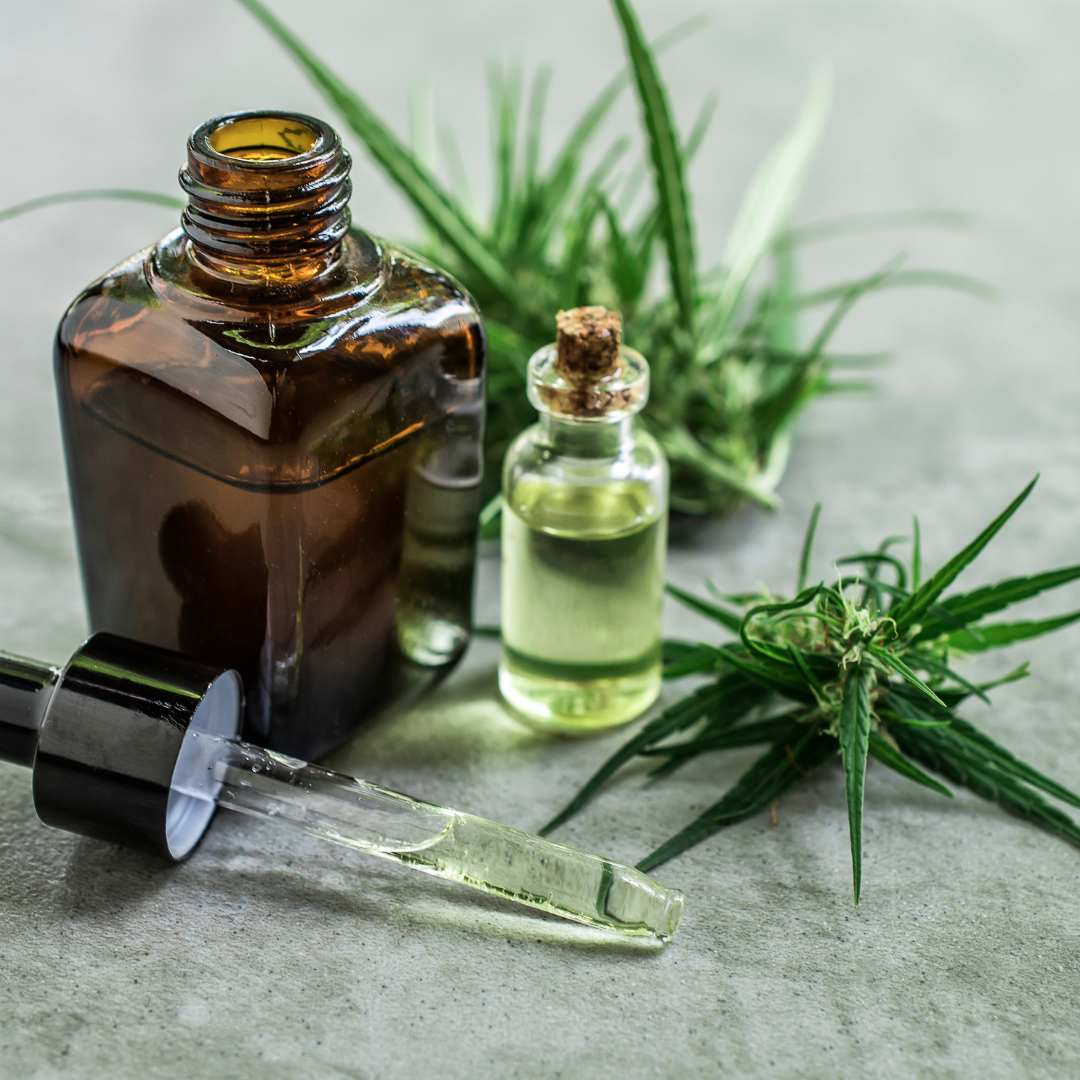
Now that the US Department of Health and Human Services has approved CBD as a “safe alternative to prescription drugs,” it’s time to look at what that means for consumers in the US. With the long-awaited decision, CBD is not really classified or considered as one of the Schedule I drugs under the federal government’s Controlled Substances Act. This means a person no longer needs a prescription to purchase it from a federally regulated dispensary. As this is so new, there are many people who are unfamiliar with CBD. You can find lots of detailed information on CBD on the CFAH website, but for now, here is a run down of everything you need to know:
What is CBD?
CBD is short for cannabidiol, a compound derived from hemp and cannabis. CBD is now on the cusp of being a popular commercial product and is used in a wide range of applications, including medicine and health foods. CBD is a compound that helps the body fight cancer, anxiety, and a variety of other illnesses.
CBD, or cannabidiol, is a compound present in a cannabis plant that has been shown to have numerous beneficial effects on humans. The compound has been shown to help treat a wide range of medical conditions but is perhaps most well-known for its use in products like CBD oil, CBD gummies, and CBD capsules.
What is the use of CBD?
CBD, short for cannabidiol, is one of the most popular and promising components of cannabis. It is a non-psychoactive compound that has been proven to have health benefits, including pain relief, antioxidant and anti-inflammatory properties. Since it is the main chemical compound of the cannabis plant, most of the active compounds are derived from it.
While cannabis is the most well-known of the cannabinoids, many more have been discovered in the plant over the years. Cannabidiol (CBD), for example, is one of the most studied cannabinoids. Its primary use is in treating severe childhood epilepsy, often the only medication that will control seizures for children. Doctors are also prescribing CBD for anxiety, inflammation, schizophrenia, and more. Likewise, the other active compound in cannabis “THC” also when churned out properly may help with chronic pain, nausea, sleep disorders, and more. An example of this would be the pink tuna strain. This particular strain because of its high THC level tends to be chosen to treat the aforementioned conditions by some medical practitioners.
What are the effects of CBD?
As a dietary supplement, CBD is taken orally, which is why it is sometimes referred to as a “miracle cure” or a “treat yourself pill.” Many are touted as a game-changer for health purposes, especially when used as a remedy for pain relief. However, many of these effects vary depending on how you take it in. For example, you could buy a small bubbler and smoke through it as it provides water filtration which softens the bong hit.
As a product, CBD is found naturally in the hemp plant, a cousin to the marijuana plant. Although known for its intoxicating effects, the CBD found in hemp is not psychoactive and does not “make you high.” Usually, from the strains of hemp, CBD tinctures are produced. They are primarily used to relieve anxiety and ease the pain. These products could have a great demand owing to their long shelf life. And, those looking to purchase such oils and tinctures might want to consider taking a look at websites such as https://buymellow.com/fr/shop/oils-and-tinctures/night-and-day-cannabinoid-drops-with-cbd-cbg-and-cbn-1400mg-of-cannabinoids-in-two-30ml-bottles/ and similar others.
Risks of using CBD
CBD, which is short for cannabidiol, is one of the active compounds found in marijuana. While the lack of psychoactive effects makes it appealing for use in edible products, it’s the medicinal benefits of CBD that have made it a popular ingredient in skincare products, such as lotions and creams. It is used in a variety of ways to ease pain, decrease inflammation, and improve skin health. Depending on the product, it is also used to combat acne, eczema, and wrinkles. We are constantly bombarded with news about the “might” of this or the “latest” of that. We wonder if there are any consequences for our actions. For the right reason, there are. There are serious consequences for our actions. There are consequences for the foods we eat, the medicines we take, and the things we do.
Benefits of CBD
There is a lot of buzz about CBD – a compound present in cannabis – in the news lately. Some say that the human body produces its own endogenous cannabinoids (endocannabinoids) essential to our health. In contrast, others claim that cannabis (especially marijuana) is a dangerous drug with no redeeming qualities.
CBD is a non-psychoactive compound extracted from the cannabis plant. It has been proven to treat a wide variety of conditions, including seizures, chronic pain, anxiety, and inflammation. While there are many benefits to using CBD, the majority of the CBD oil industry is still focused on the medicinal effects. Very few people are aware of the benefits of CBD oil as an aid to a healthy lifestyle.
CBD or cannabidiol is a naturally occurring compound present in hemp and cannabis. It is known for its medicinal benefits, although it is still unclear as to what extent these benefits are actually present. Cannabidiol (CBD) is a non-intoxicating cannabinoid found in the cannabis plant. A number of studies have suggested that it may help treat a number of medical conditions, including chronic pain, schizophrenia, anxiety, epilepsy, and others. It is also possible that CBD could have a role to play in the treatment of Alzheimer’s disease.